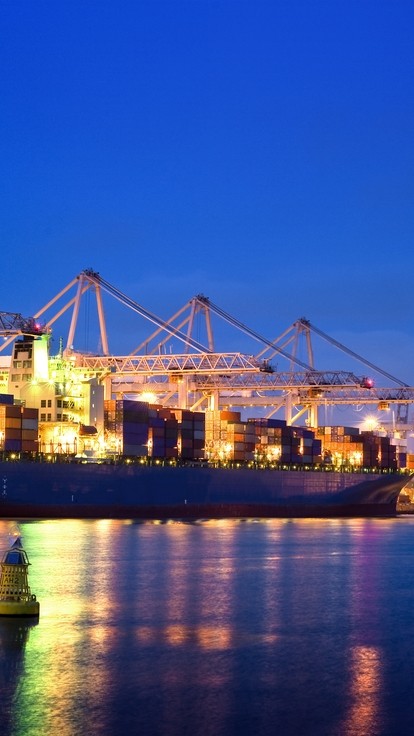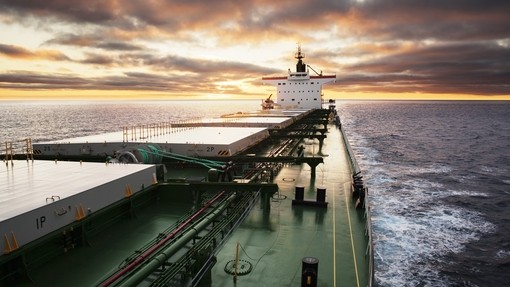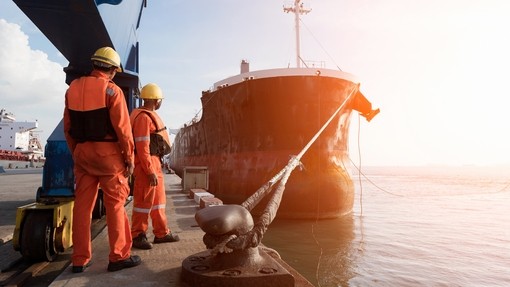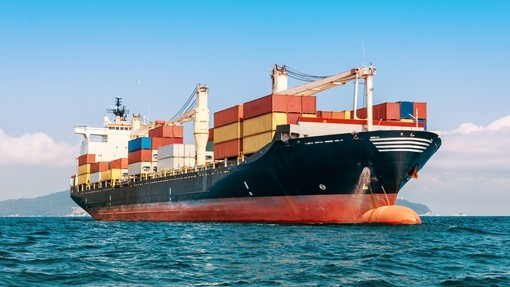CSSA Chartering and Shipping Services S.A -v- Mitsui O.S.K Lines Ltd “PACIFIC VOYAGER” [2017] EWHC 2579 (Comm)

Details
In this commercial court case Mr Justice Popplewell considered a novel point in respect of the obligation on an owner under a voyage charter to proceed to the loading port.
Factual background
On 5 January 2017 the defendant, the disponent owner (‘owners’) of the VLCC “PACIFIC VOYAGER” (‘the vessel’), entered into a charterparty on the SHELLVOY 5 form with the claimant (‘charterers’) for a voyage from Rotterdam to the Far East. At the time of the fixture the vessel was laden with cargo under a previous charter.
Under the charterparty the owners gave no ETA at the loading port or any date of expected readiness to load, instead the charter contained a laycan range and the usual express power of termination by the charterers if the vessel did not arrive at the loading port before the specified cancelling date. The charterparty also contained ETAs in relation to the estimated time of arrival of the vessel at the intermediate ports for the cargo operations on the previous voyage, these estimates involved the vessel arriving at Antifer on 25 January 2015 for final discharge of her previous cargo.
In the morning of 12 January 2015 the vessel suffered rapid water ingress in no.1 starboard ballast tank and developed a starboard list. An underwater survey confirmed that the vessel would have to be drydocked for repairs before performing any further laden voyages.
The cancelling date under the charterparty was 23:59 on 4 February 2015. By this time, the owners had communicated to the charterers that the vessel was due to drydock in Cadiz on 8 February 2015 and that repairs there would take months.
On 6 February 2015 the charterers terminated the charterparty and brought a claim for damages.
Legal issues
In the case of Monroe Brothers Limited -v- Ryan [1935] 2 KB 28 it was held that where a voyage charterparty contains an obligation on an owner to proceed with all convenient speed to the loading port, and gives a date when the vessel is expected to load, there is an absolute obligation on the owner to commence the approach voyage by a date when it is reasonably certain that the vessel will arrive at the loading port on or around the expected readiness to load date.
The Monroe obligation has been held to arise where:
- The owner’s obligation is simply to proceed to the loading port without any reference to speed or despatch, it being implied that such obligation is to do so with all convenient speed or utmost despatch (Louis Dreyfus & Co -v- Lauro [1938] 60 Lloyd’s Rep. 94)
- What is given is an estimated time of arrival at the loading port rather than of expected readiness to load (Mitsui O.S.K Lines Ltd -v- Garnac Grain Co. Inc (the “MYRTOS”) [1984] 2 Lloyd’s Rep 449)
- The vessel is at the time of charter still performing her previous service (Louis Dreyfus & Co -v- Lauro) to the knowledge of the parties (Evera S.A Commercial -v- North Shipping Company Ltd (the “NORTH ANGLIA”) [1956] 2 Lloyd’s Rep 367)
The charterers sought to apply Monroe in this case by saying that the laycan window identified the time at which the parties expected the vessel to arrive at the loading port and was therefore equivalent to an ETA for the purposes of the Monroe obligation. They said that the cancelling date therefore provided the date by reference to which there was an absolute obligation on the owners to commence the approach voyage.
The owners on the other hand argued that the cancelling date was not equivalent to an ETA, and said that it was merely a contractual option afforded to the charterers if the vessel should not arrive by that date. The owners submitted that the only relevant obligation was an implied term that they would exercise due diligence to get the vessel to the loading port by the cancelling date.
In considering the arguments before him, Mr Justice Popplewell examined the rationale for the imposition of the Monroe obligation in the cases to which it had been held to apply and concluded that, as in each of the voyage charter cases he had considered, there was, in this case, an absolute obligation on the owners to commence the approach voyage, at a particular point in time. In considering when that particular point in time was, Mr Justice Popplewell said that it was at the end of a reasonable discharging period for the vessel if she were to arrive for final discharge at Antifer on 25 January 2015.
Mr Justice Popplewell also considered what the position would have been had no ETAs been given for the intermediate port arrivals under the vessel’s previous employment. He said that in those circumstances he would have accepted the argument that there was an absolute obligation to commence the approach voyage by a date when it was reasonably certain that the vessel would arrive at the loading port by the cancelling date. Mr Justice Popplewell said that he would have reached this conclusion as, although there are differences between a cancelling date and an estimated arrival date, the differences are not sufficient enough for them to be treated differently for the purposes of the Monroe obligation.
Accordingly, the charterers were entitled to judgment in the agreed amount of US $1,202,812.50.
Case comment
This case is an interesting development as it extends the circumstances in which the Monroe obligation has been held to apply to include a situation where the charterparty contains an agreed laycan/cancelling date.
Permission to appeal this case has been granted. We will therefore have to wait and see whether this extension of the Monroe obligation is upheld.
This article originally appeared in the November 2017 edition of shipping case digest. Other articles include:
Squibb Group Limited -v- Pole 2 Pole Scaffolding Limited [2017] EWHC 2394 (TCC)






